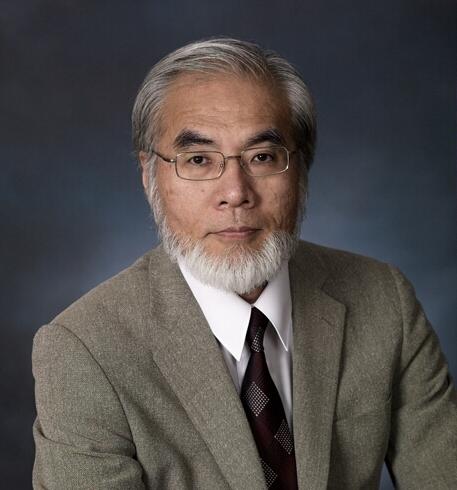
CCNY engineer Masahiro Kawaji is leading U.S. Department of Energy research to make next generation nuclear reactors safer.
With nuclear safety an ever growing concern, the next generation of atomic reactors could be safer because of research ongoing at The City College of New York’s Grove School of Engineering. CCNY engineer Masahiro Kawaji, whose specialty includes nuclear reactor thermal-hydraulics, leads a team that is the recipient of a third consecutive U.S. Department of Energy (DOE) grant to safeguard reactors of the future. The new $800,000 award brings to $2.8 million DOE funding for the project since 2011.
“What we are doing is developing ways of making reactors that will be built in 10 years’ time safer,” said Kawaji, professor of mechanical engineering and associate director of the CCNY-based CUNY Energy Institute that is engaged in groundbreaking research.
The next generation of nuclear power plants, such as HTGRs (high-temperature gas-cooled reactors) and VHTRs (very high temperature reactors) have passive safety design features for off-normal operation. However, it is necessary to check the safety system performance by modeling the relevant phenomena computationally using system level or detailed 3D CFD (computational fluid dynamics) codes, and by conducting separate effects experiments using scaled models to validate the computational results.
According to Kawaji, the main objective of the research supported by the new DOE grant is to obtain experimental validation data on mixing of helium and air in reactor building cavities during and after blowdown in HTGRs, such as a General Atomics 350 MWt MHTGR.
Kawaji’s collaborators in the CCNY-based research include experts from Idaho State University, the Idaho National Laboratory, Kansas State University, England’s University of Sheffield and Framatome, a French nuclear reactor business.
About The City College of New York
Since 1847, The City College of New York has provided a high quality and affordable education to generations of New Yorkers in a wide variety of disciplines. CCNY embraces its role at the forefront of social change. It is ranked #1 by the Harvard-based Opportunity Insights out of 369 selective public colleges in the United States on the overall mobility index. This measure reflects both access and outcomes, representing the likelihood that a student at CCNY can move up two or more income quintiles In addition, the Center for World University Rankings places CCNY in the top 1.2% of universities worldwide in terms of academic excellence. More than 16,000 students pursue undergraduate and graduate degrees in eight professional schools and divisions, driven by significant funded research, creativity and scholarship. CCNY is as diverse, dynamic and visionary as New York City itself. View CCNY Media Kit.
Jay Mwamba
p: 212.650.7580
e: jmwamba@ccny.cuny.edu
View CCNY Media Kit